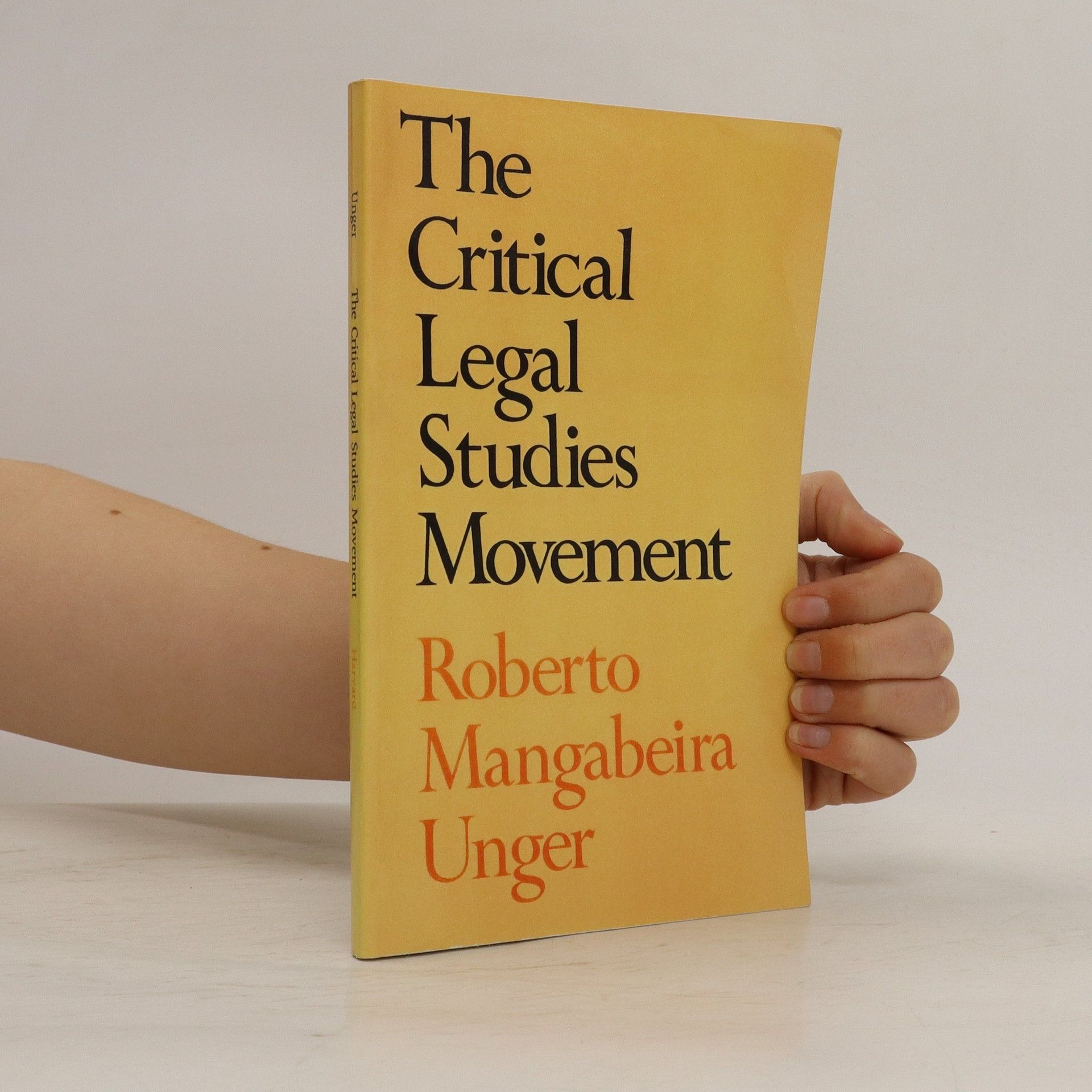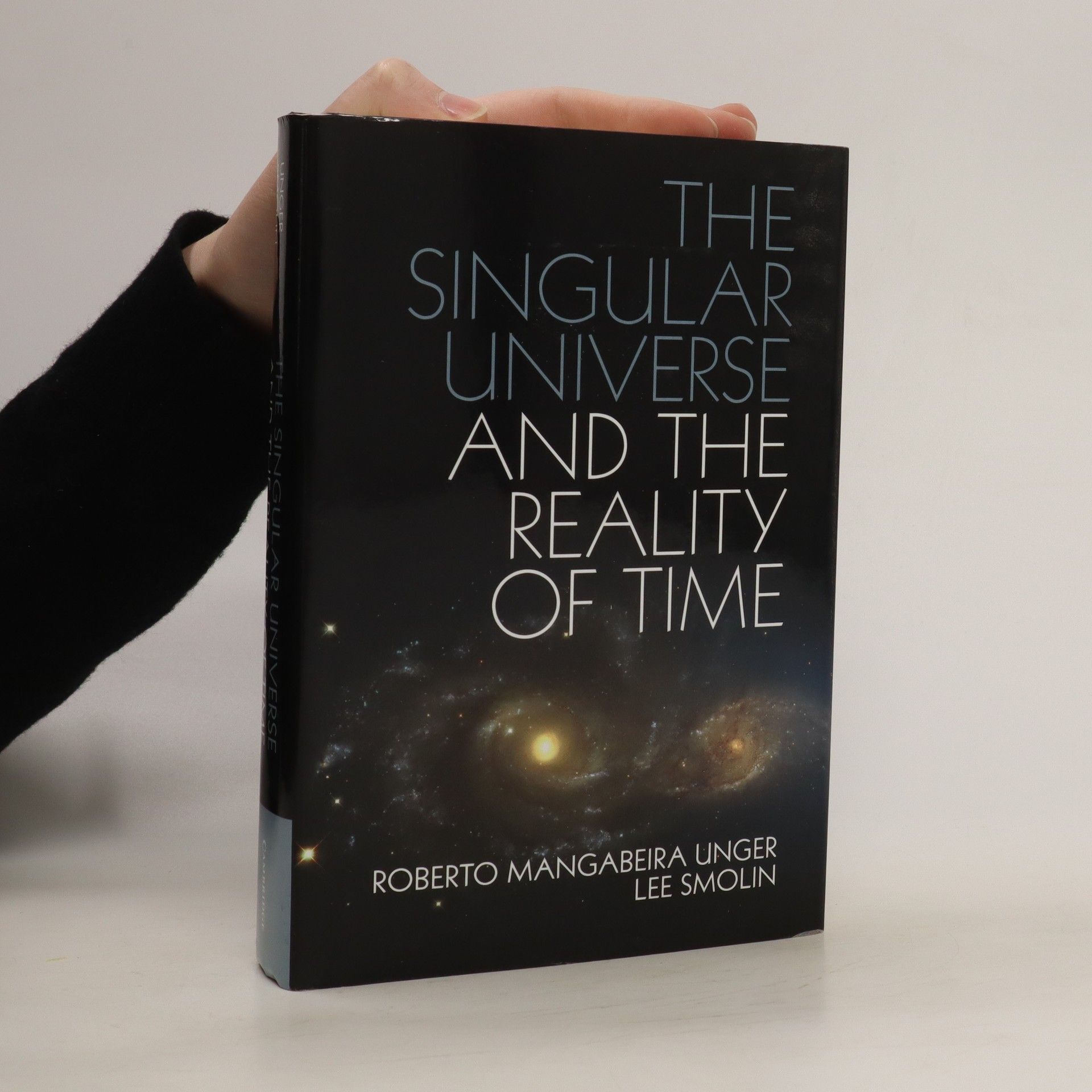Leidenschaft
- 301 Seiten
- 11 Lesestunden
Roberto Mangabeira Unger ist ein Philosoph und Politiker, dessen Werke sich mit sozialer, politischer und ökonomischer Theorie auseinandersetzen. Im Kern seines Denkens steht die Ansicht, dass die Menschheit größer ist als ihr Kontext, wobei jedes Individuum die Fähigkeit zu einem besseren Leben besitzt. Er argumentiert, dass die soziale Welt gemacht und vorgestellt wird, und behauptet, dass keine natürlichen oder notwendigen Ordnungen das soziale, politische oder wirtschaftliche Leben untermauern. Unger betrachtet gesellschaftliche Institutionen als historische Artefakte, die offen für Experimente und Überarbeitungen bleiben sollten, um Individuen und Kollektive zu stärken. Seine Arbeit bietet eine Vision für die Menschheit und ein Programm zu ihrer Befreiung.






Humanity faces grave dangers that can be avoided only by international cooperation.
A new philosophy of religion for a secular world How can we live in such a way that we die only once? How can we organize a society that gives us a better chance to be fully alive? How can we reinvent religion so that it liberates us instead of consoling us? These questions stand at the center of Roberto Mangabeira Unger’s The Religion of the Future: an argument for both spiritual and political revolution. It proposes the content of a religion that can survive without faith in a transcendent God or in life after death. According to this religion—the religion of the future—human beings can be more human by becoming more godlike, not just later, in another life or another time, but right now, on Earth and in their own lives. They can become more godlike without denying the irreparable flaws in the human condition: our mortality, groundlessness, and insatiability.
Roberto Mangabeira Unger and Lee Smolin argue for a revolution in our cosmological ideas. Ideal for non-scientists, physicists and cosmologists.
The civil rights and feminist movements of the sixties did not leave legal theory untouched. Over the following two decades, the critical legal studies movement—led by the Brazilian philosopher, social theorist and politician Roberto Unger—sought to transform traditional views of law and legal doctrine, revealing the hidden interests and class dominations in prevailing legal frameworks. It remains highly influential, having spawned more recent movements, including feminist legal studies and critical race theory. The Critical Legal Studies Movement develops its major ideas, showing how laws and legal discourse hide the social inequalities and political biases that so interest philosophy and revolutionary politics.
Cosmology is in crisis. In this book, philosopher Roberto Mangabeira Unger and physicist Lee Smolin, world-renowned for their radical ideas in their fields, argue for a revolution in our cosmological ideas. The book is readily accessible to non-scientists as well as to the physicists and cosmologists whom it challenges.